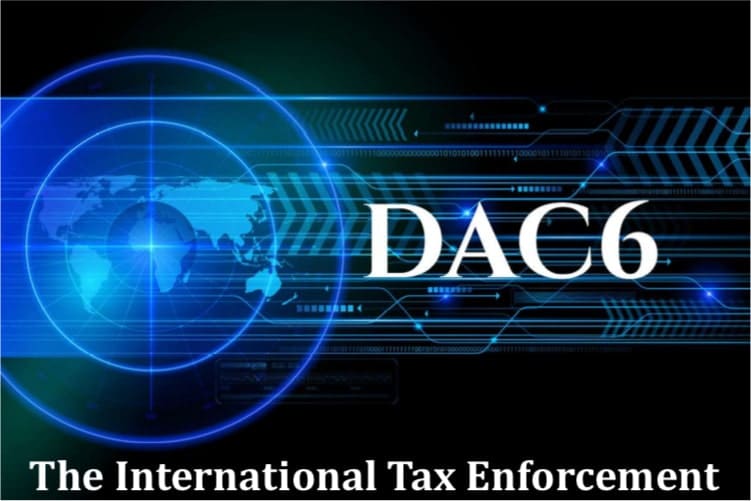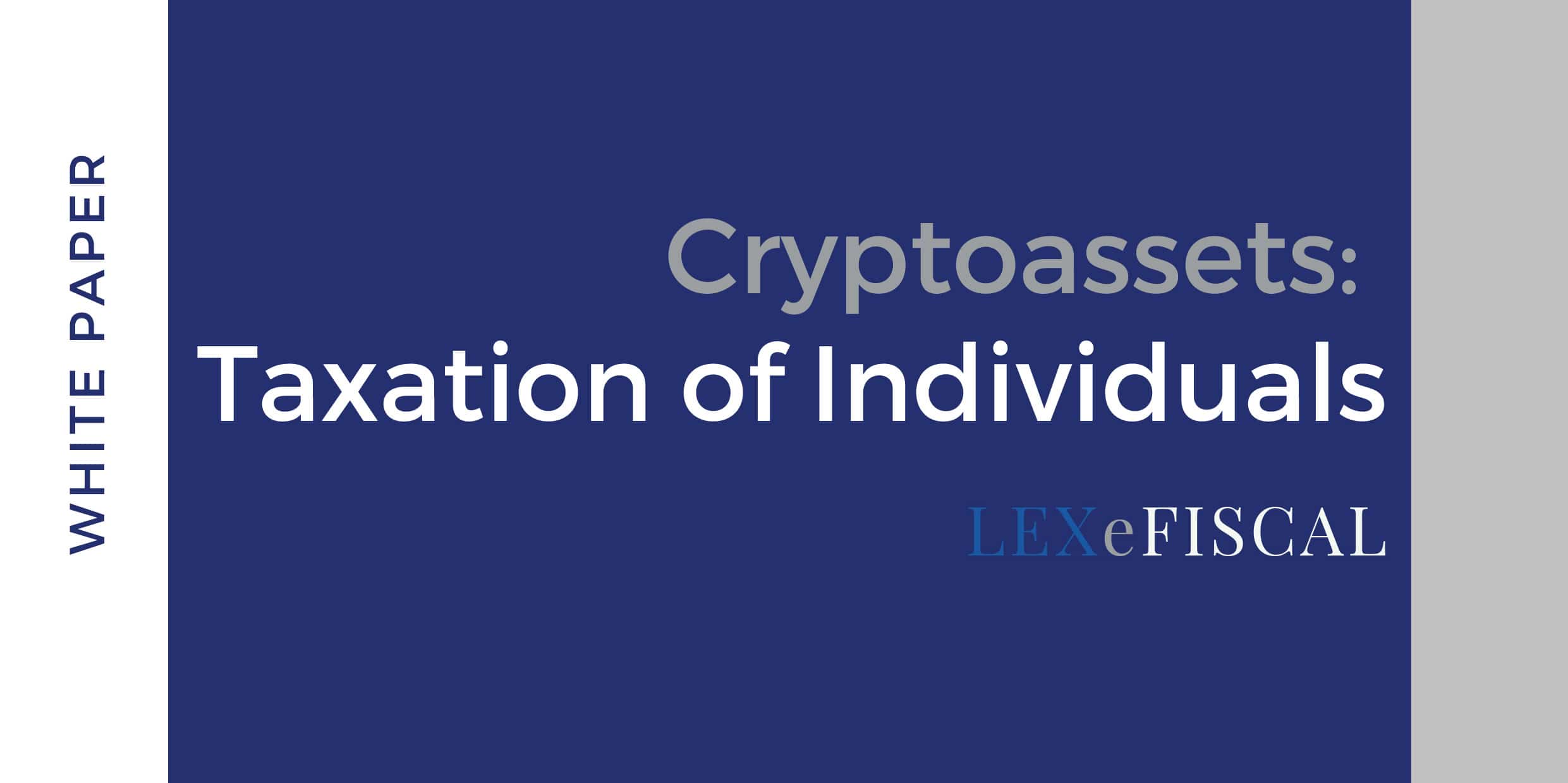Budget 2020 Overview of Tax Issues: Personal Taxes Overview

Personal taxes overview
4.1. Capital gains tax
- From 6 April 2020, if a UK resident sells a residential property in the UK he/she has 30 days to tell HMRC and pay CGT owed. It is necessary to make a CGT report and make a payment in cases:
– a property that the individual has or has inherited and is not used as main home;
– a holiday home;
– a property which the individual lets out for people to live in.
The individual won’t have to make a report and payment in cases:
– a legally binding contract was made before 6 April 2020;
– the individual meets the criteria for Private Residence Relief (PRR);
– the sale was made to a spouse or civil partner or for a loss;
– the gains are within tax free allowance;
– the property is outside the UK.
If the individual is a non-UK resident, he/she must continue to report sales or disposals of interests in UK property or land.
Besides it, the lifetime CGT limit is reducing on gains eligible for Entrepreneurs’ Relief from £10 million to £1 million for qualifying disposals made on or after 11 March 2020. The changes affect individuals who dispose of all or part of their business; individuals who dispose of shares in their personal company; and trustees who dispose of business assets. Specific rules will apply where contracts were exchanged before 11 March but not completed until after that date. [Paragraph 2.173 of the Budget 2020]
4.2. Income Tax
The main rates and the income tax personal allowance will remain. The Finance Bill 2020 will set the main rates, which will apply to non-savings, non-dividend income of taxpayers.
Exemption for bursary payments to care leavers
Budget 2020 confirm the Finance Bill 2020 will include an income tax and National Insurance exemption for bursaries paid by the ESFA to individuals aged between 16 and 24 who are in, or have left, care and started an apprenticeship in England. The exemption will ensure that the tax treatment of bursaries for care leavers starting an apprenticeship is the same as the tax treatment of bursaries to care leavers who enter higher education. [Paragraph 2.199 of the Budget 2020]
Top Slicing Relief (TSR) on life insurance policy gains
This measure allows the personal allowance to be reinstated within the calculation for TSR. This provides relief for taxpayers whose entitlement to the personal allowance has been reduced because a gain is included as part of their income. The measure affects individuals who have made gains on life insurance policies and claim TSR. It will apply to all relevant gains occurring on or after 11 March 2020 .
4.3. Tapered annual allowance for pensions
New provisions increase the income limits used in calculating a tapered annual allowance and decreases the minimum tapered annual allowance. [Paragraph 2.183 of the Budget 2020]
- The threshold income, which is broadly net income before tax (excluding pension contributions), is increased from £110,000 to £200,000.
- The adjusted income, which is broadly net income plus pension accrual, is increased from £150,000 to £240,000.
- The minimum tapered annual allowance is decreased from £10,000 to £4,000.
The measure will be effective for benefits accrued on or after 6 April 2020.
4.4. Review of changes to the off-payroll working rules
The off-payroll working rules require that individuals who work like employees, but through their own company, pay broadly the same Income Tax and National Insurance Contributions (NICs) as individuals who are employed directly. The Finance Bill 2020 will change off-payroll working rules from 6 April 2020. [Paragraph 2.178 of the Budget 2020.]
4.5. Inheritance tax
- Inheritance tax is a flat rate tax of 40% that broadly applies to the value of assets owned by the deceased in excess of the NRB (£325,000). Inheritance tax at 40% also applies to gifts and other transfers made by the deceased in the 7 years prior to death.
- In according to the Spring Budget Residential nil rate limit increases till £175,000.
There will be a new IHT relief for compensation payments made from the Kindertransport Fund. The relief will take effect in relation to deaths on or after 1 January 2019.
4.6. Additional measures related some taxes together
Windrush Compensation Scheme
In the Finance Bill 2020 the government will introduce exemptions from Income Tax, IHT and CGT for payments made on or after 3 April 2019 under the Windrush Compensation Scheme. [Paragraph 2.177 of the Budget 2020]
Troubles Permanent Disablement Payment Scheme
This measure introduces Income Tax, Inheritance Tax and CGT exemptions for payments made under the Troubles Permanent Disablement Payment Scheme. The Finance Bill 2020 will introduce Income Tax, IHT and CGT exemptions for payments made from 29 May 2020 and in relation to Inheritance Tax in respect of someone who dies on or after 29 May 2020. [Paragraph 2.175 of the Budget 2020.]









